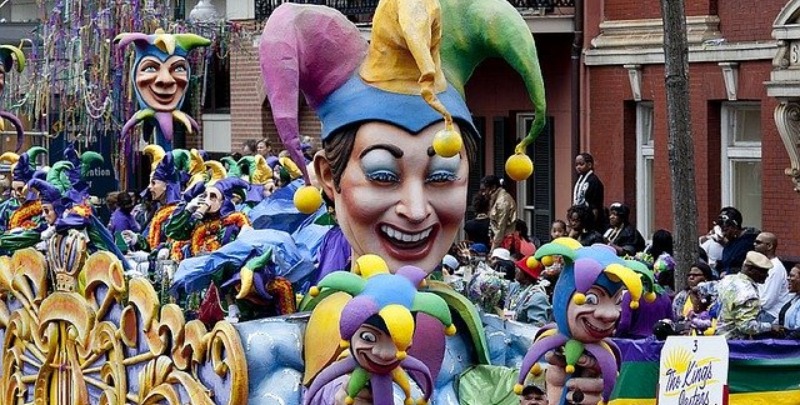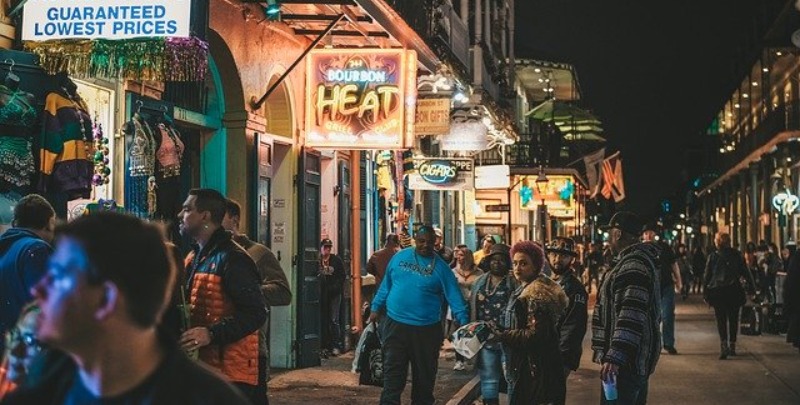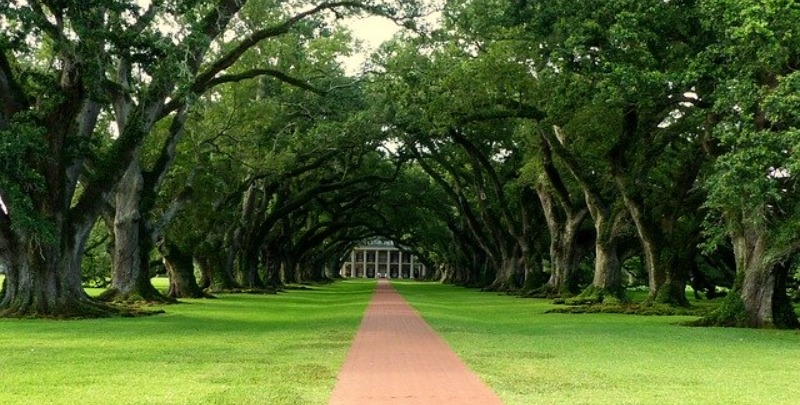Today is Admission Day for Louisiana, our 18th state, admitted to the Union on April 30th, 1812.
If you remember your U.S. history, you will recall that the Louisiana Purchase was negotiated with Napoleon Bonaparte for the princely sum of about $15 million dollars (a price of fewer than three cents an acre), representing a combination of bonds and forgiveness of debt. The purchase was for far more than the then-president Thomas Jefferson has been looking for and doubled the size of the country. Political foes argued that this was a worthless piece of land, but were really more concerned about their own New England influence in government would be diminished by the new states to be formed in the South.
Louisiana has always marched to the beat of a different drummer, and I remember in law school that many of the principles we studied were always annotated with the comment, “except for in Louisiana.” Louisiana is the only state that has parishes instead of counties as its administrative subdivision. It is also the only state with a legal system based on civil law (Roman law based on French and Spanish codes) rather than English common law (based on precedent and custom). The Louisiana Civil Code is the controlling authority in the state, rather than precedent set by case law, and much of the principles of civil procedure, family law, contract, business law, etc., are primarily based on traditional Roman legal thinking.
Located on the Gulf of Mexico, Louisiana has always been known for its long, hot, humid summers, with fairly short and mild winters. It has always been susceptible to tropical cyclones, and major hurricanes, having seen devastating damage all too frequently. The southern part of the state was struck by Hurricane Katrina on August 29th, 2005, causing massive devastation and the evacuation of more than two million residents. About a month later, the damage was further exacerbated by Hurricane Rita.
Baton Rouge is the state capital and the largest city in the state, but perhaps the most well-known city is New Orleans. New Orleans is home to Mardi Gras, an annual Jazz Fest, and is known for some of the most interesting food and restaurants in the state — Emeril Lagasse and Paul Prudhomme both launched substantial careers as chefs from their start in Louisiana.

I loved my visit to New Orleans. I was fascinated by topography and the flora and fauna that is so unfamiliar in other parts of the country. I had to see everything and try everything and just soak in the whole ambiance of the area. I have very fond memories of the following:
- Taking a bayou tour. It may sound a little touristy, but I wanted to see what they were like. And I loved looking for crocodiles (or were they alligators?) in the water as well as along the banks. Lots of unusual trees and vegetation, too. It was bright and sunny when I took the tour, but I can imagine how creepy the area would be at dusk and night time.
- Eating beignets at Cafe du Monde. There is no nutritional value in the squares of deep-fried pastry dusted with powdered sugar, but I love ‘em! Whether in the morning, accompany a strong cup of coffee, or after a long night of partying in the clubs, they just seem to hit the spot.
- Walking in the garden district. The homes were stately and the gardens beautiful.
- Visiting cemeteries. I know this sounds weird, and before I did it, I thought so, too. However, the cemeteries are built substantially above ground and are a wonderful source of historical information.
- Food & beverage. Lots of butter, and cream, and spices, and interesting combinations of all those things, make for interesting and delicious Cajun and creole dishes. Crawfish etouffee quickly became a favorite (Louisiana is the biggest producer of crawfish in the world), and did barbecue shrimp, pm boys, and dirty rice and beans. The Hurricane, the quintessential New Orleans beverage made famous at Pat O’Brien’s, did not excite me in the same way, however. I’m told that it’s an acquired taste.
- The music. I was attending a conference and stayed in the French Quarter. It seemed that every corner offered up some type of jazz or blues for entertainment. Music for the soul.

New Orleans, and the rest of the state of Louisiana, continue to walk to the beat of a different drummer.
